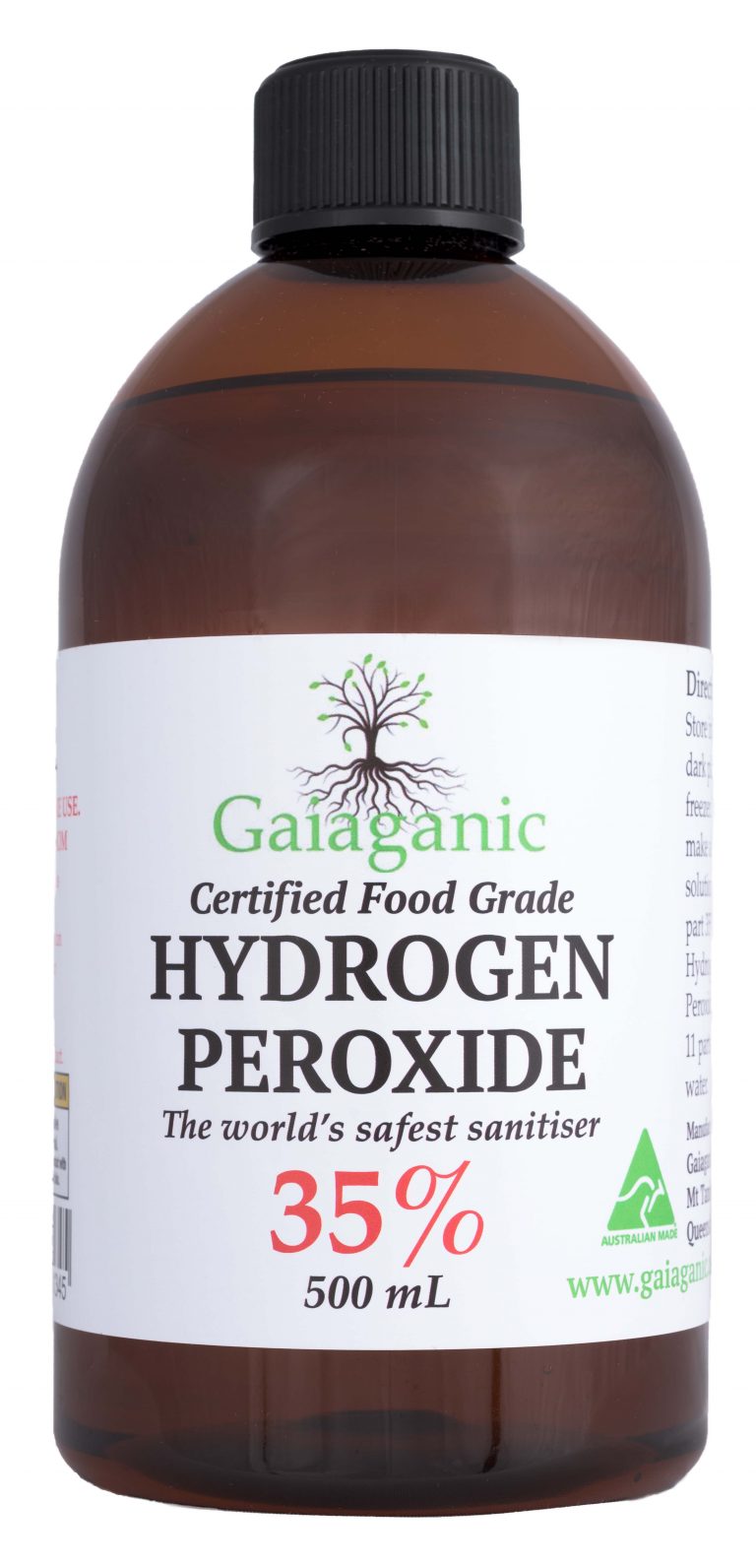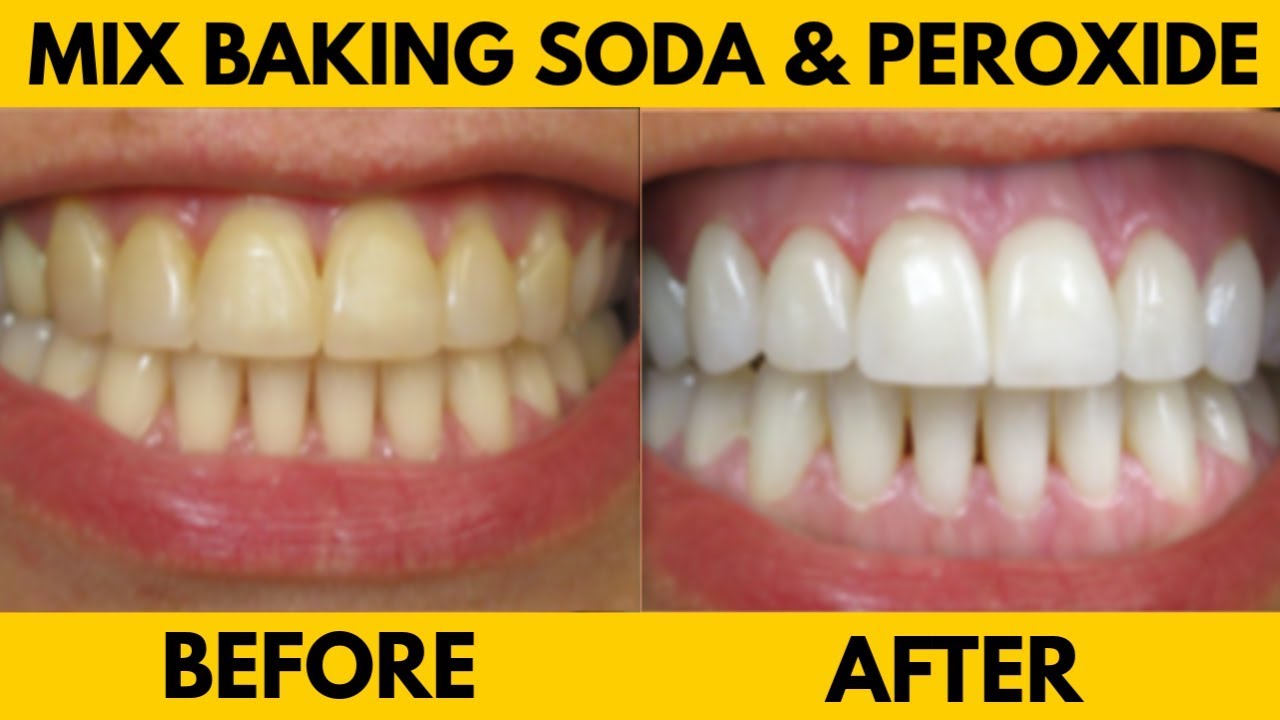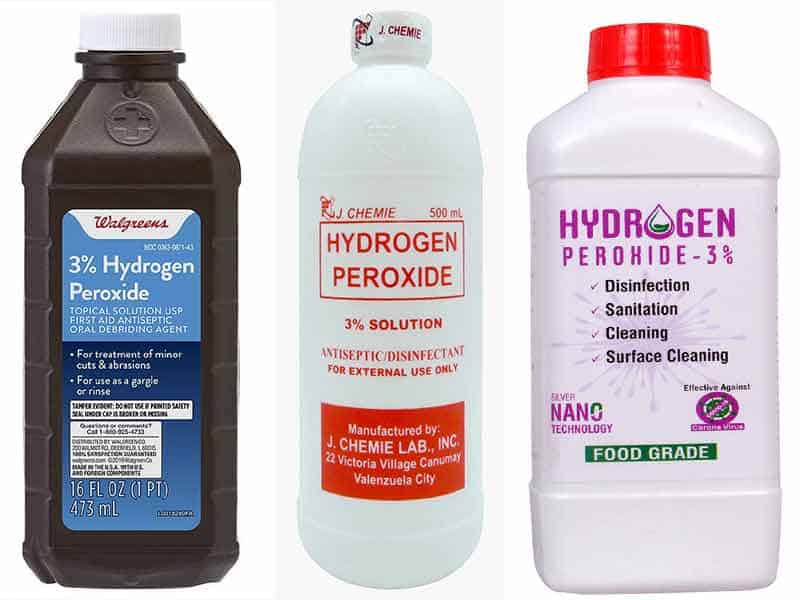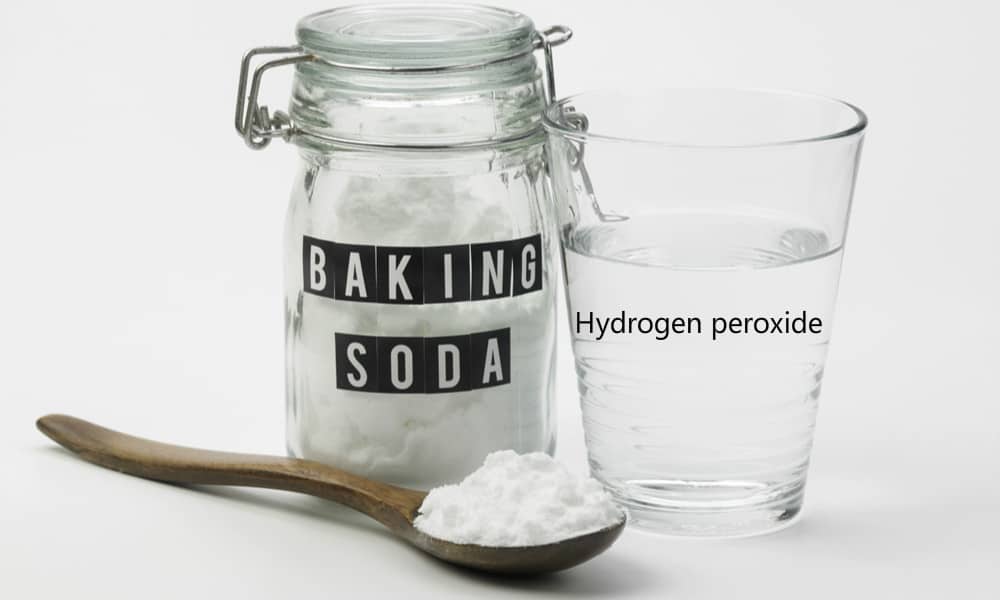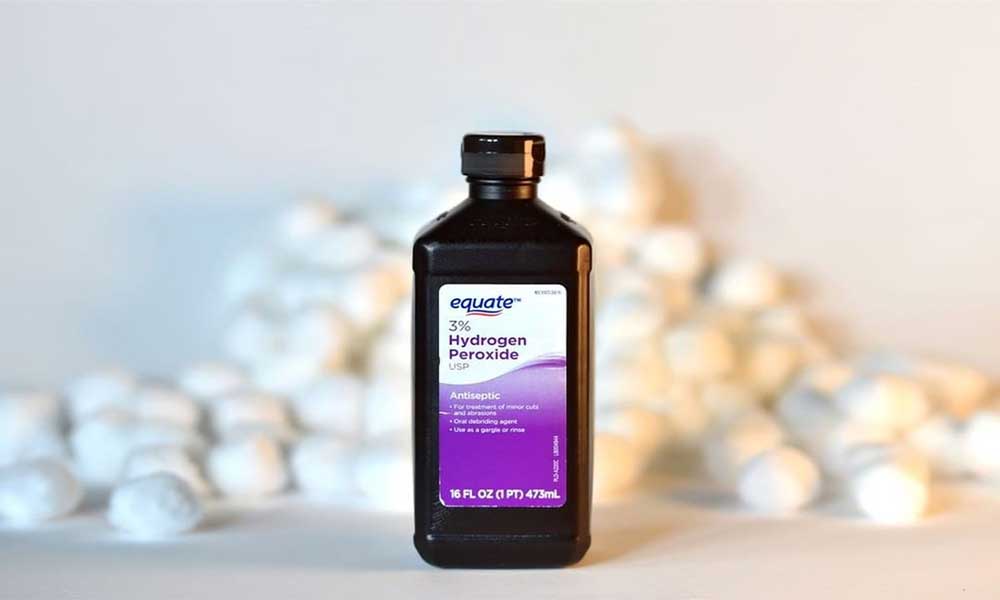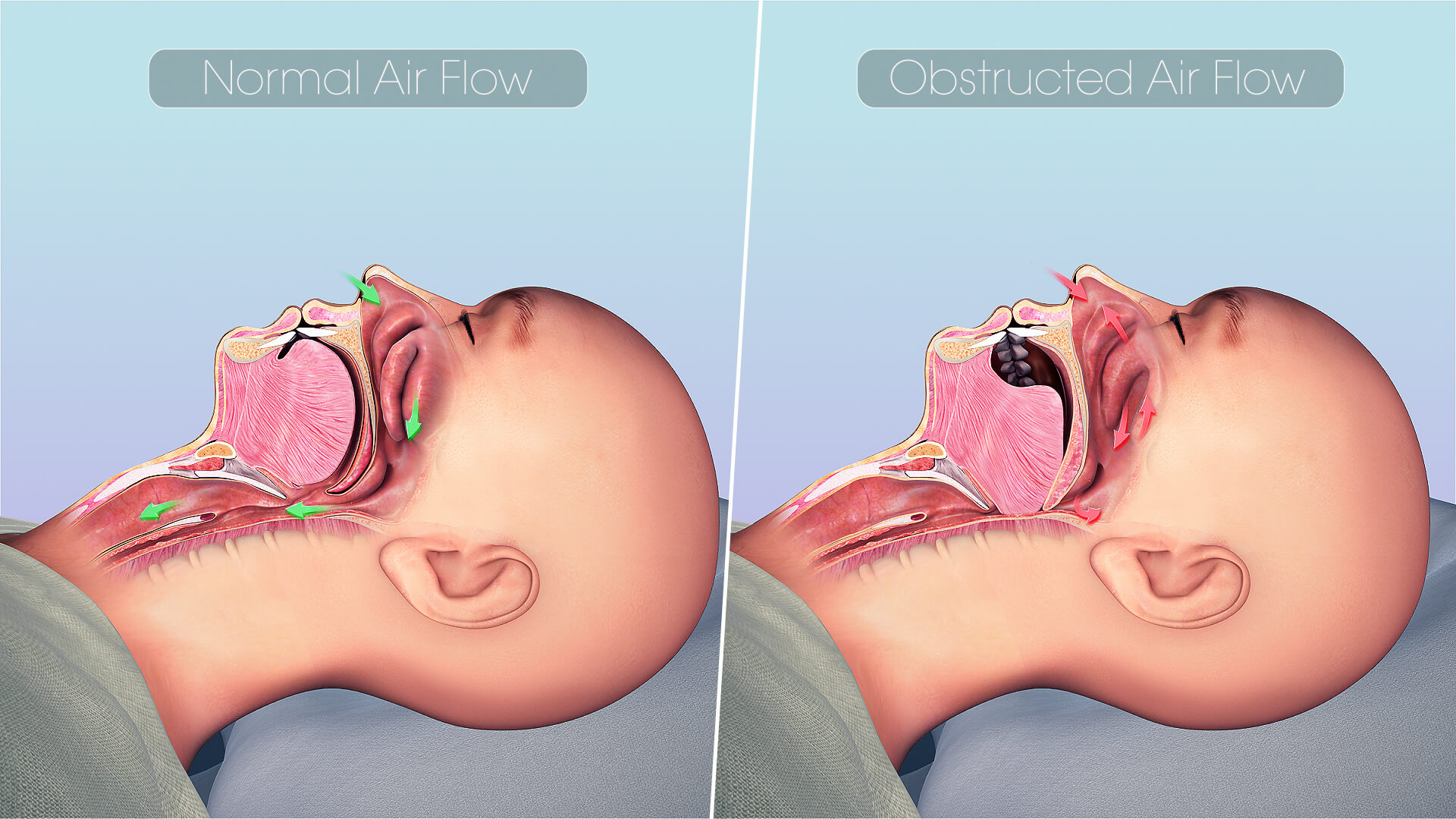One of the most effective and natural ways to unclog your kitchen sink is by using a mixture of baking soda and vinegar. This combination creates a chemical reaction that helps to break down any grease or debris that may be clogging your pipes. Start by pouring a cup of baking soda down the drain, followed by a cup of vinegar. Let it sit for about 30 minutes, then run hot water down the drain to flush out the mixture and any loosened debris.1. Baking Soda and Vinegar
If you're looking for a quick and easy solution to a clogged kitchen sink, you may already have everything you need in your kitchen. Simply boil a pot of water and carefully pour it down the drain in two to three stages, allowing a few seconds between each pour to let the hot water work its magic. This method is especially effective for breaking down any grease or oil buildup that may be causing the clog.2. Boiling Water
Another simple and budget-friendly option for unclogging your kitchen sink is using a mixture of salt and hot water. Mix half a cup of table salt with a pot of boiling water and pour it down the drain. The coarse texture of the salt helps to scrub away any buildup and the hot water will melt away any grease or oil that may be causing the clog.3. Salt and Hot Water
If your kitchen sink is still clogged after trying the above methods, it may be time to bring out the trusty plunger. Make sure to cover the overflow opening with a wet cloth and place the plunger over the drain. Push and pull the plunger vigorously to create suction and dislodge the clog. Repeat this a few times and then run hot water down the drain to flush out any remaining debris.4. Plunger
For a more gentle approach to unclogging your kitchen sink, try using a combination of dish soap and hot water. Start by squirting a generous amount of dish soap down the drain. Then, pour a pot of hot water down the drain after it. The soap will act as a lubricant, helping to loosen up any debris and allowing the hot water to flush it out.5. Dish Soap and Hot Water
If you suspect that the clog in your kitchen sink is caused by a solid object, such as a piece of food or a clump of hair, a wire hanger may be your best bet. Straighten out a wire hanger and use it to gently fish out any visible debris from the drain. Be careful not to push the object further down the drain.6. Wire Hanger
If you have a wet and dry vacuum, you can use it to suck out any stubborn clogs in your kitchen sink. Start by setting the vacuum to the wet setting and place it over the drain. Turn it on and let it run for a few seconds, then switch to the dry setting and repeat. This method can be especially effective for removing solid objects that may be causing the clog.7. Wet and Dry Vacuum
If the clog in your kitchen sink is particularly stubborn, you may need to resort to using a chemical drain cleaner, such as caustic soda. This powerful chemical can dissolve tough clogs, but it is important to use caution when handling it. Follow the instructions on the package carefully and make sure to wear protective gear, such as gloves and goggles, to avoid any skin and eye irritation.8. Caustic Soda
For a more eco-friendly option, you can try using an enzyme drain cleaner to unclog your kitchen sink. These cleaners use natural enzymes to break down organic materials, such as food and grease, that may be causing the clog. They are safe to use and do not produce any harmful fumes, making them a great choice for households with children and pets.9. Enzyme Drain Cleaner
For a powerful and natural solution, you can mix hydrogen peroxide and baking soda to unclog your kitchen sink. Start by pouring half a cup of baking soda down the drain, followed by a cup of hydrogen peroxide. Let it sit for about 30 minutes, then run hot water down the drain to flush out the mixture and any loosened debris. This method is especially effective for removing stubborn clogs and eliminating any unpleasant odors. Using these top 10 home remedies to a clogged kitchen sink, you can save time and money by avoiding the need for a plumber. However, if these methods do not work or your sink continues to clog frequently, it may be a sign of a bigger issue with your plumbing system. In that case, it is best to consult a professional plumber for further assistance.10. Hydrogen Peroxide and Baking Soda
Why You Should Try Home Remedies Before Calling a Plumber for a Clogged Kitchen Sink

Save Money and Time with Simple Solutions
 While a clogged kitchen sink can be a frustrating and inconvenient problem, it is not always necessary to call a plumber right away. In fact, there are several
home remedies
that can effectively clear a clog and get your sink back to working order. Not only will these remedies save you money on a plumber's bill, but they can also save you time by providing a quick and easy solution to your clogged sink woes.
While a clogged kitchen sink can be a frustrating and inconvenient problem, it is not always necessary to call a plumber right away. In fact, there are several
home remedies
that can effectively clear a clog and get your sink back to working order. Not only will these remedies save you money on a plumber's bill, but they can also save you time by providing a quick and easy solution to your clogged sink woes.
The Power of Baking Soda and Vinegar
 One of the most
effective home remedies
for a clogged kitchen sink is a combination of baking soda and vinegar. This
powerful duo
works to break down and dissolve the blockage in your sink. Simply pour a cup of baking soda down the drain followed by a cup of vinegar. The mixture will bubble and fizz, which helps to break up any debris and push it down the drain. Let it sit for 15-20 minutes, then flush the drain with hot water.
One of the most
effective home remedies
for a clogged kitchen sink is a combination of baking soda and vinegar. This
powerful duo
works to break down and dissolve the blockage in your sink. Simply pour a cup of baking soda down the drain followed by a cup of vinegar. The mixture will bubble and fizz, which helps to break up any debris and push it down the drain. Let it sit for 15-20 minutes, then flush the drain with hot water.
Try Using a Plunger
 Another
simple and effective home remedy
for a clogged kitchen sink is using a plunger. This household tool is not just for unclogging toilets - it can also be used to clear sink drains. Fill the sink partially with water and place the plunger over the drain. Push and pull the plunger quickly and vigorously to create suction. This will help to loosen and clear the blockage. Once the water starts to drain, flush it down with hot water.
Another
simple and effective home remedy
for a clogged kitchen sink is using a plunger. This household tool is not just for unclogging toilets - it can also be used to clear sink drains. Fill the sink partially with water and place the plunger over the drain. Push and pull the plunger quickly and vigorously to create suction. This will help to loosen and clear the blockage. Once the water starts to drain, flush it down with hot water.
Salt and Boiling Water
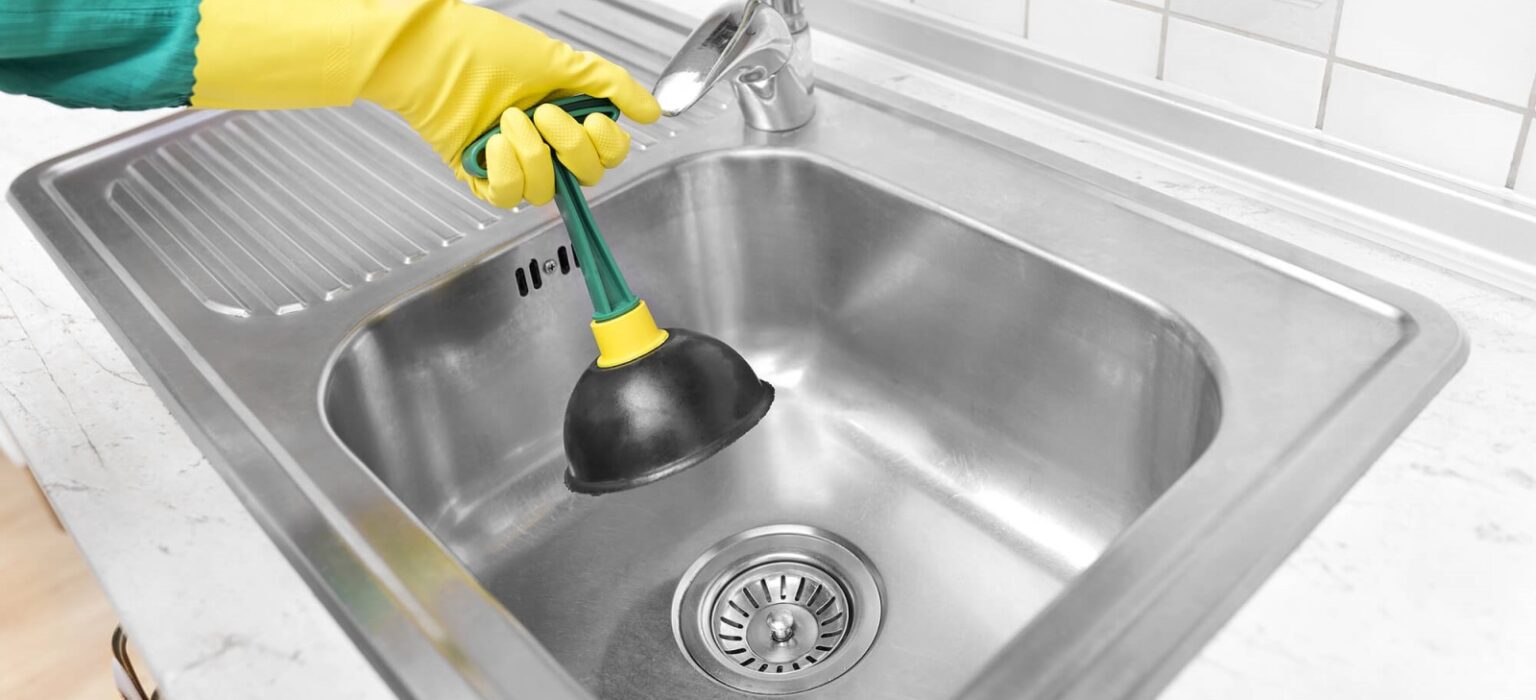 If you have a stubborn clog, try using salt and boiling water to clear it out. Start by pouring a pot of boiling water down the drain, then add half a cup of salt. Let it sit for a few minutes, then pour another pot of boiling water down the drain. The hot water will help to melt and dissolve any grease or debris, while the salt acts as an abrasive to scrub away the clog.
If you have a stubborn clog, try using salt and boiling water to clear it out. Start by pouring a pot of boiling water down the drain, then add half a cup of salt. Let it sit for a few minutes, then pour another pot of boiling water down the drain. The hot water will help to melt and dissolve any grease or debris, while the salt acts as an abrasive to scrub away the clog.
Preventing Future Clogs
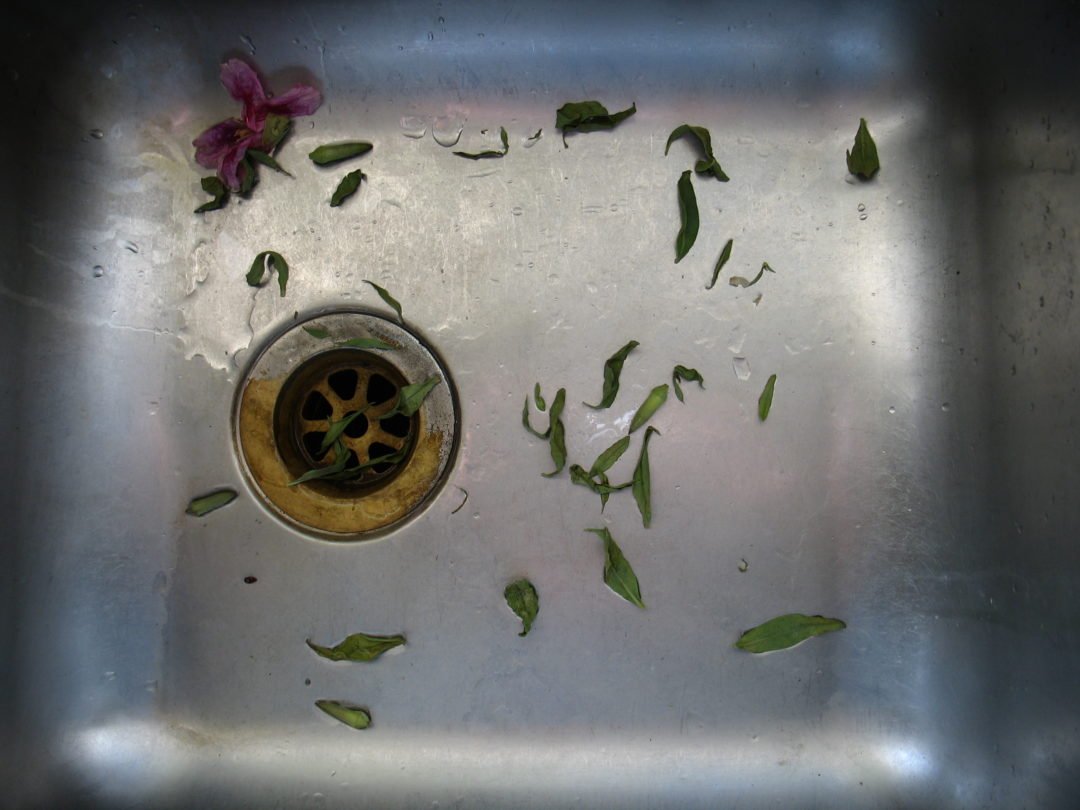 Now that your kitchen sink is clog-free, it's important to take steps to prevent future clogs. To
maintain a clear and functional drain
, avoid pouring grease, oil, or coffee grounds down the sink. Use a drain strainer to catch any food particles and regularly flush your drains with hot water to prevent buildup.
In conclusion, before picking up the phone to call a plumber for a clogged kitchen sink, try these
simple and effective home remedies
first. Not only will they save you money and time, but they can also help you maintain a clear and functional drain in the long run. Give these remedies a try and see the results for yourself.
Now that your kitchen sink is clog-free, it's important to take steps to prevent future clogs. To
maintain a clear and functional drain
, avoid pouring grease, oil, or coffee grounds down the sink. Use a drain strainer to catch any food particles and regularly flush your drains with hot water to prevent buildup.
In conclusion, before picking up the phone to call a plumber for a clogged kitchen sink, try these
simple and effective home remedies
first. Not only will they save you money and time, but they can also help you maintain a clear and functional drain in the long run. Give these remedies a try and see the results for yourself.




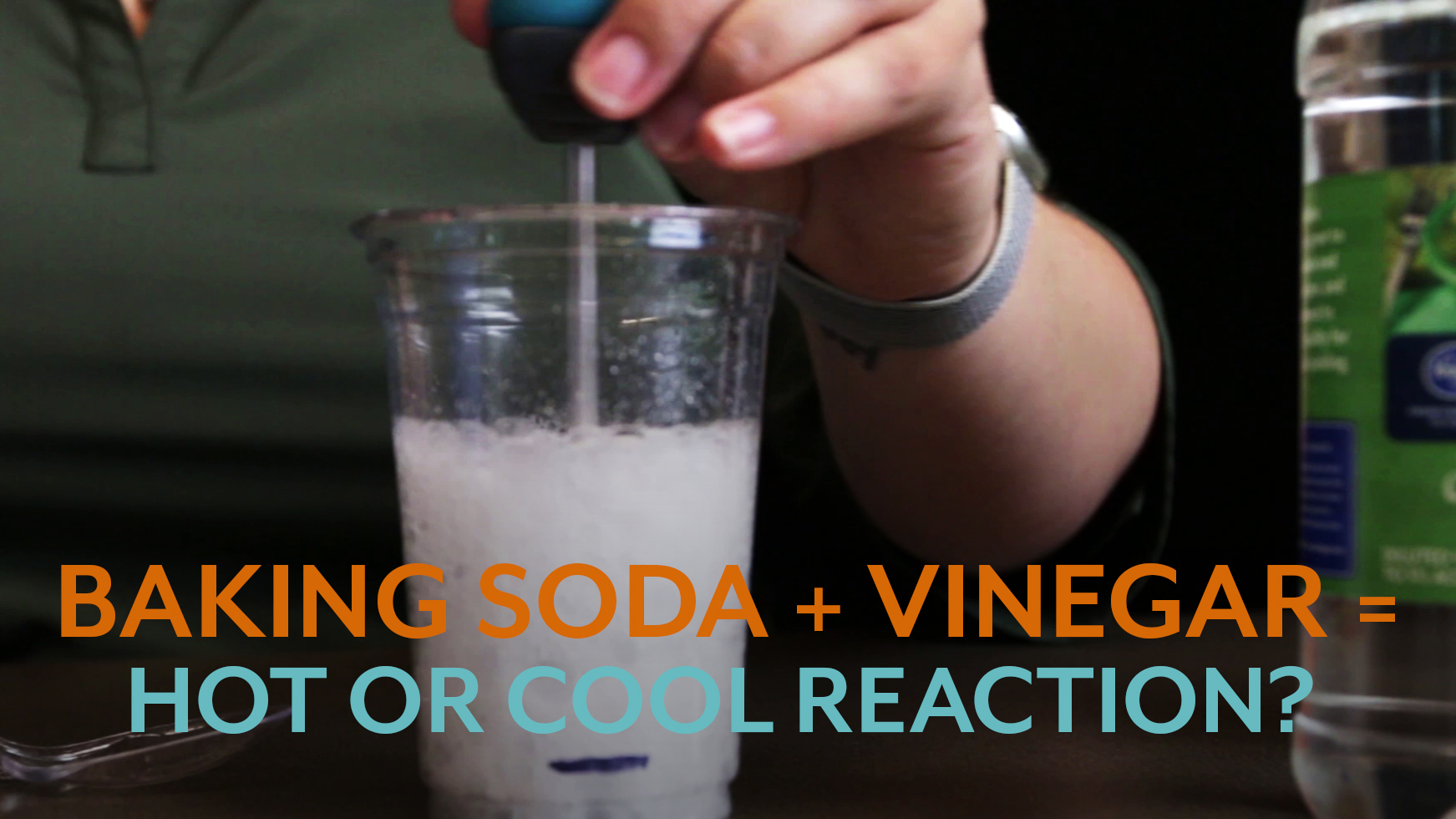


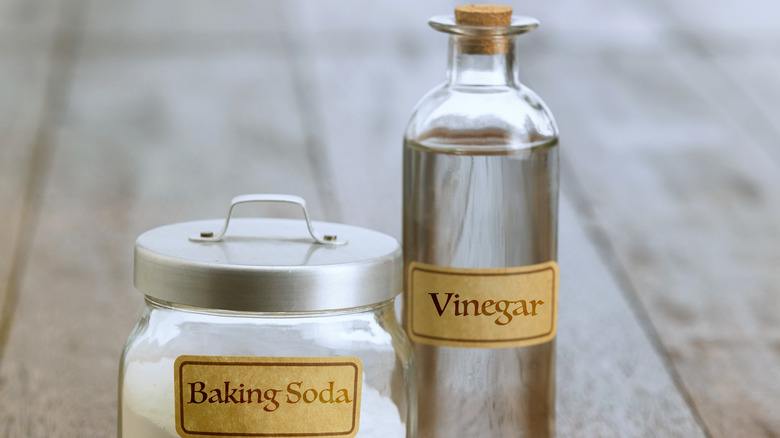
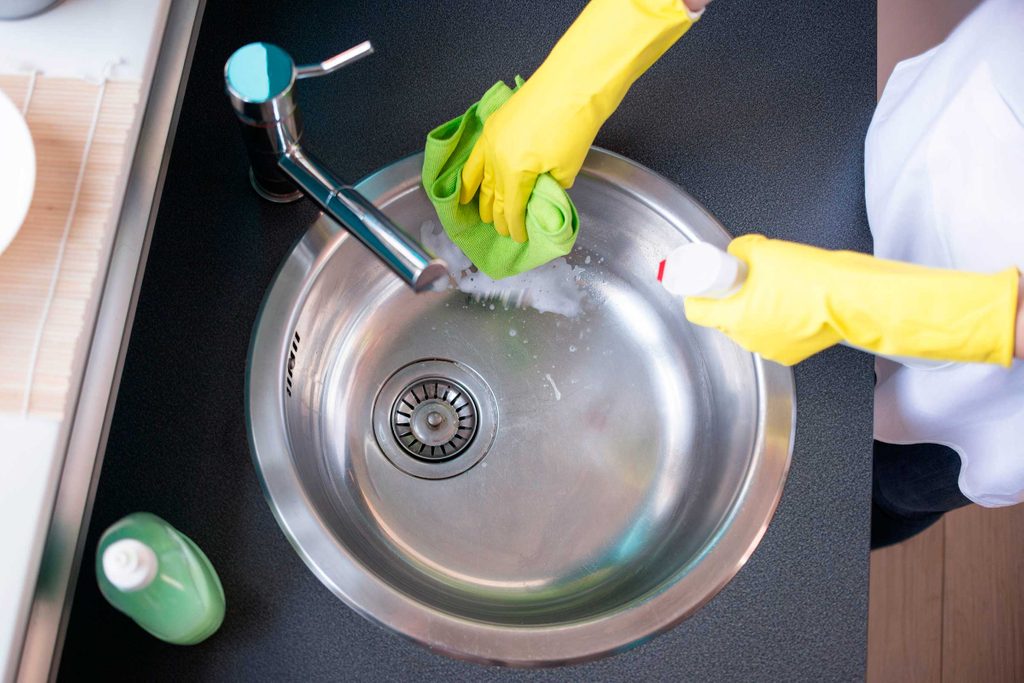







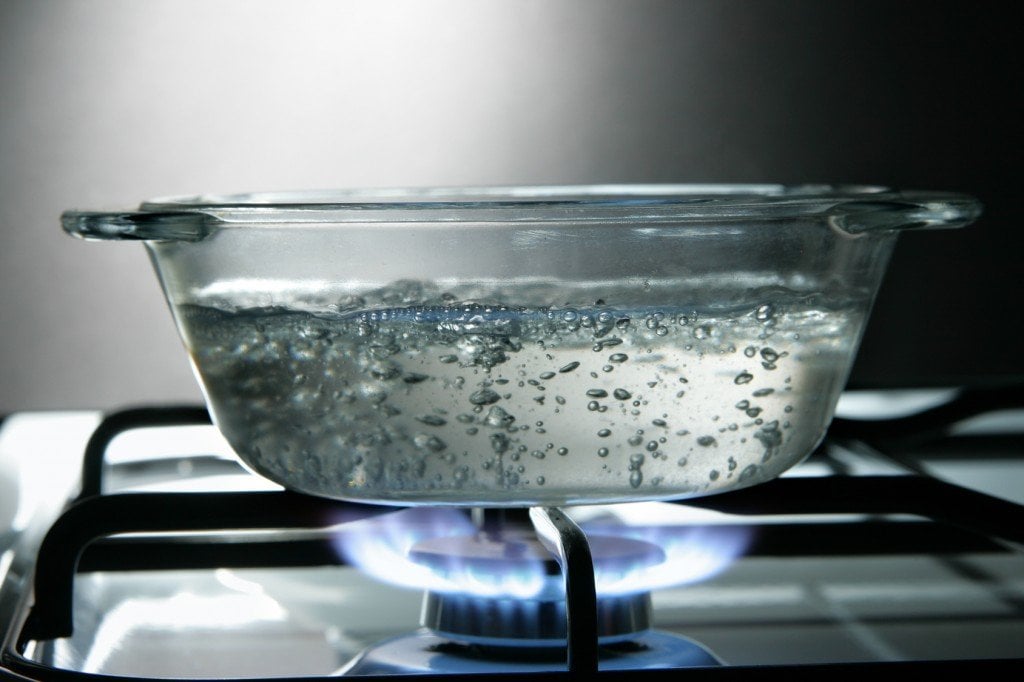

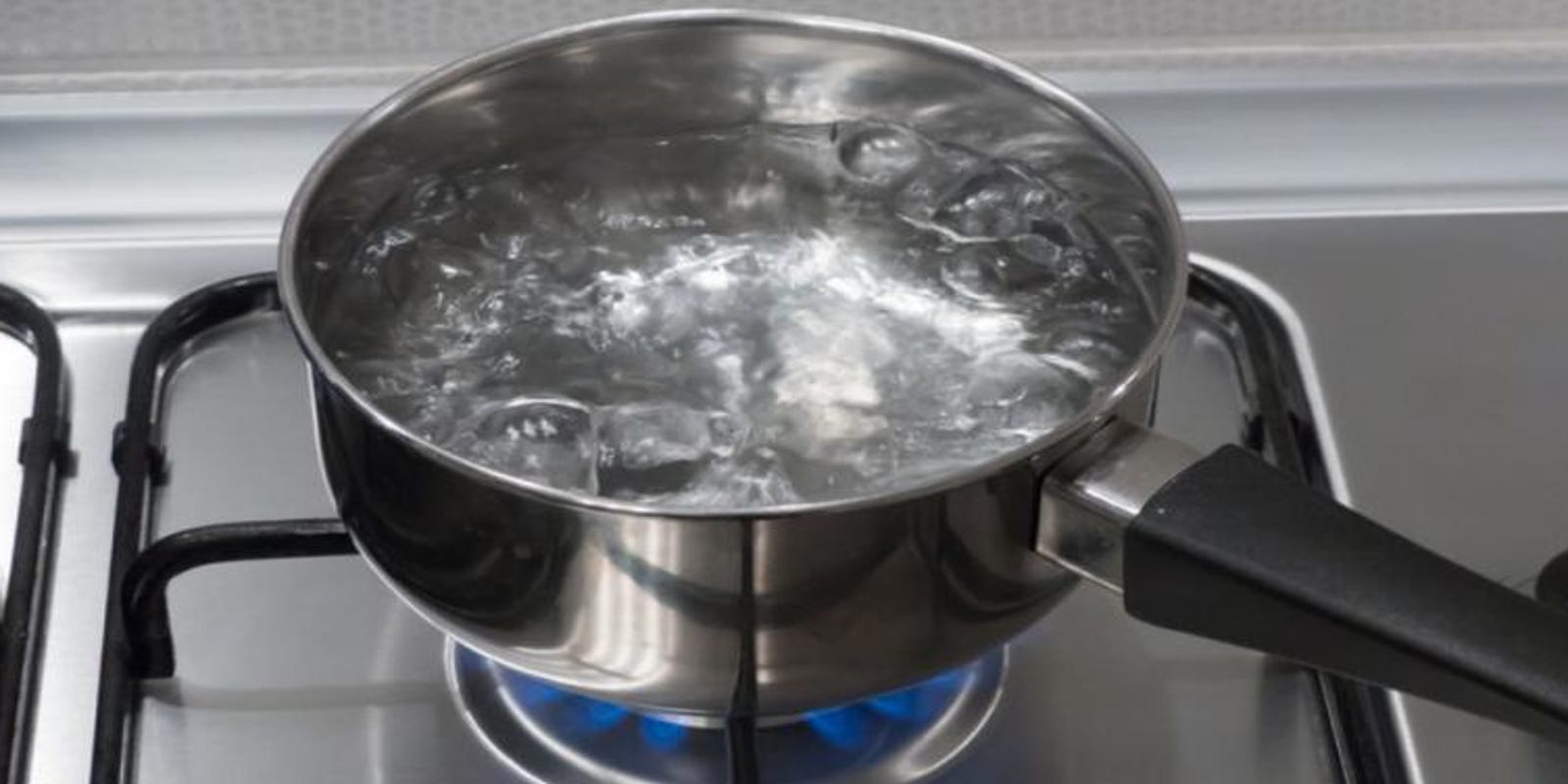

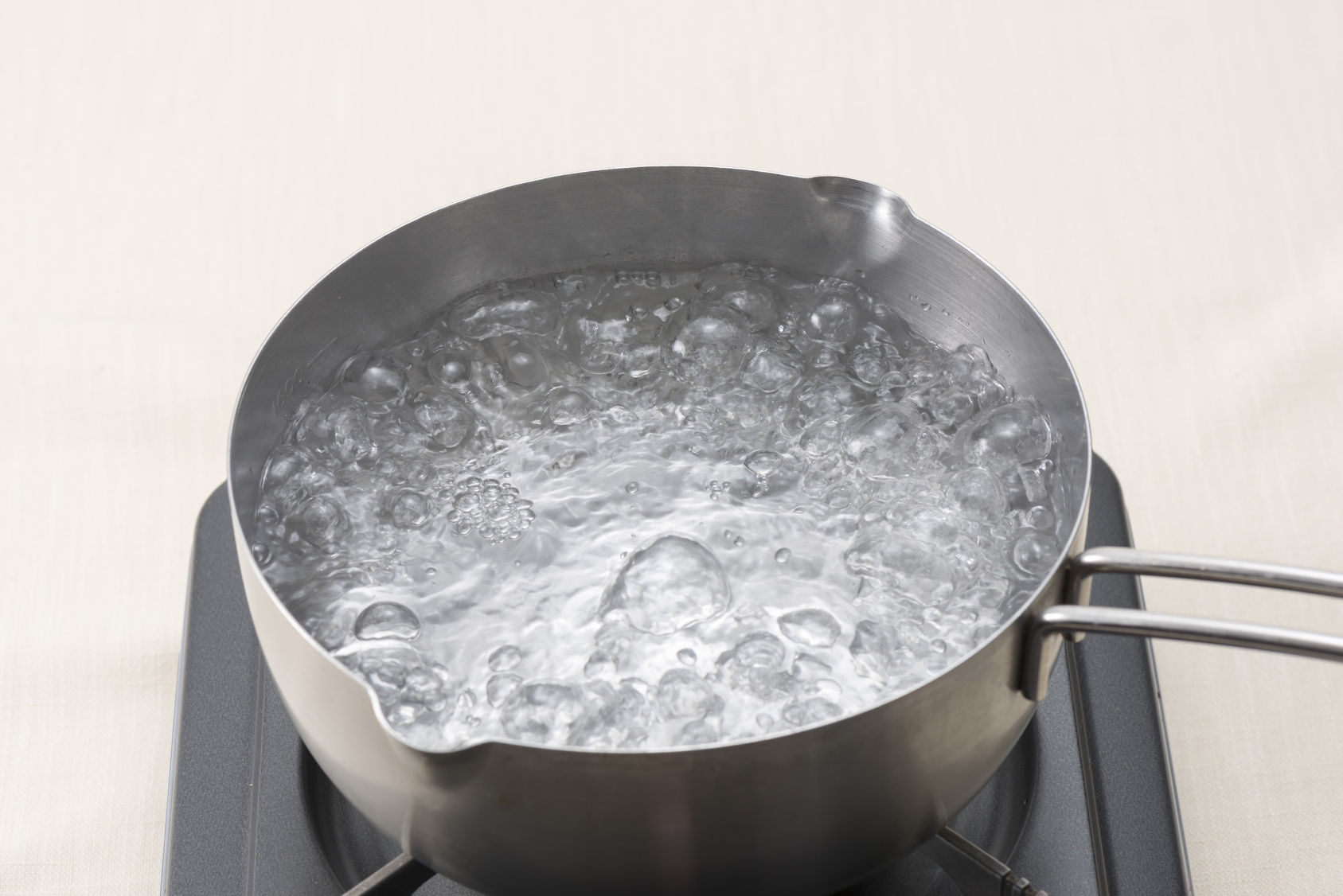
/boiling-water-on-gas-stove-143735234-5790aeb35f9b584d2005e949.jpg)
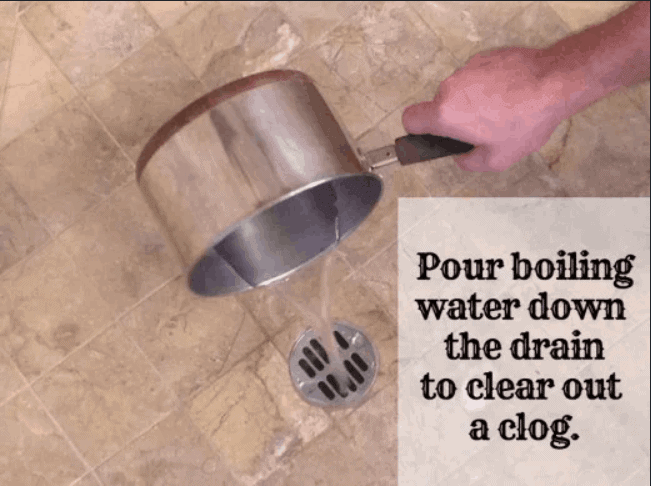
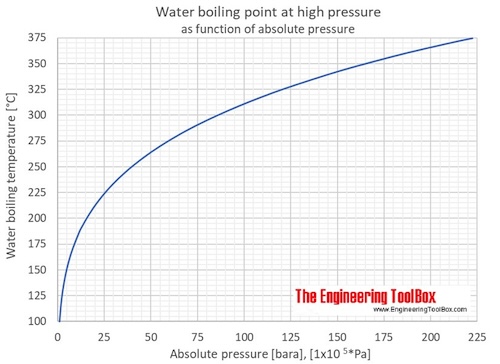

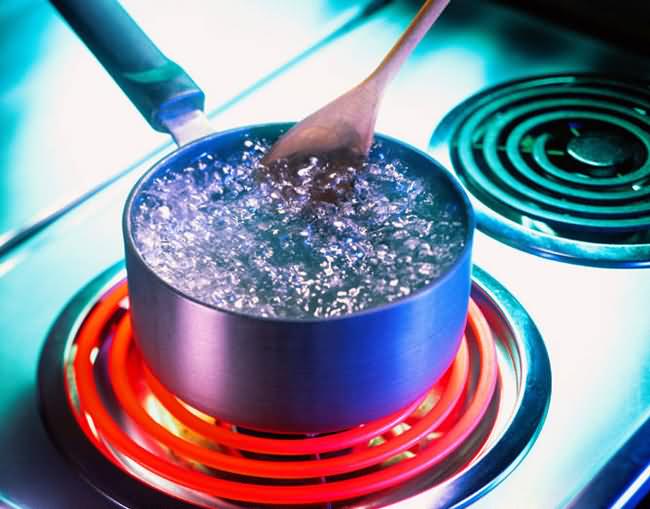
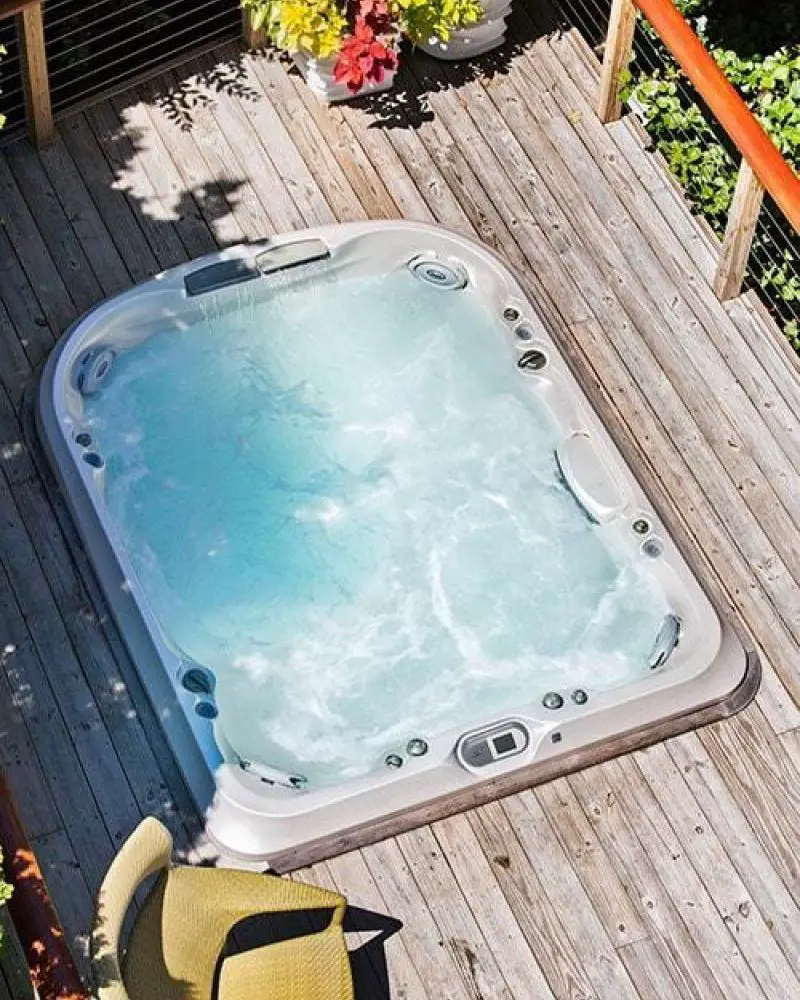


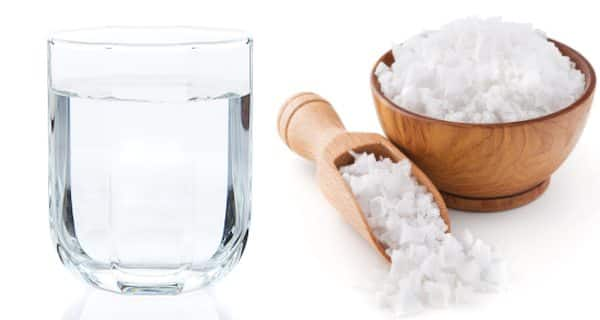

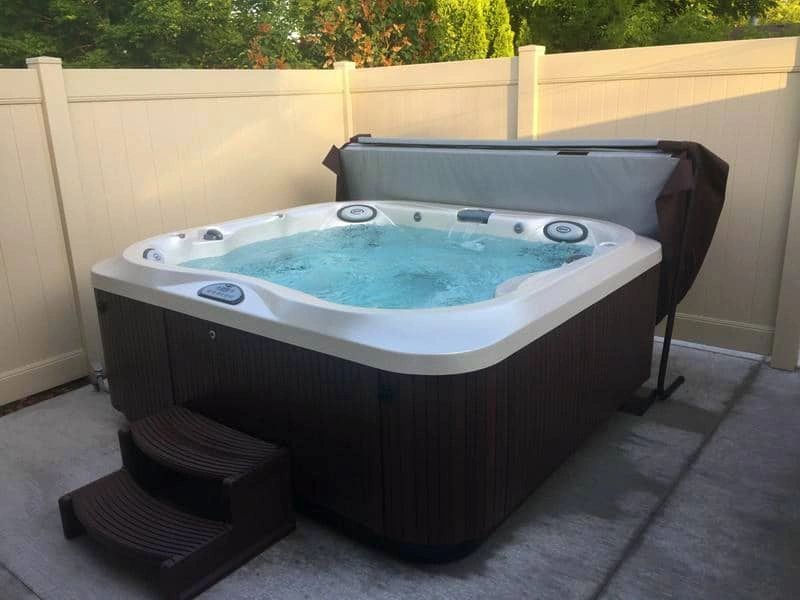







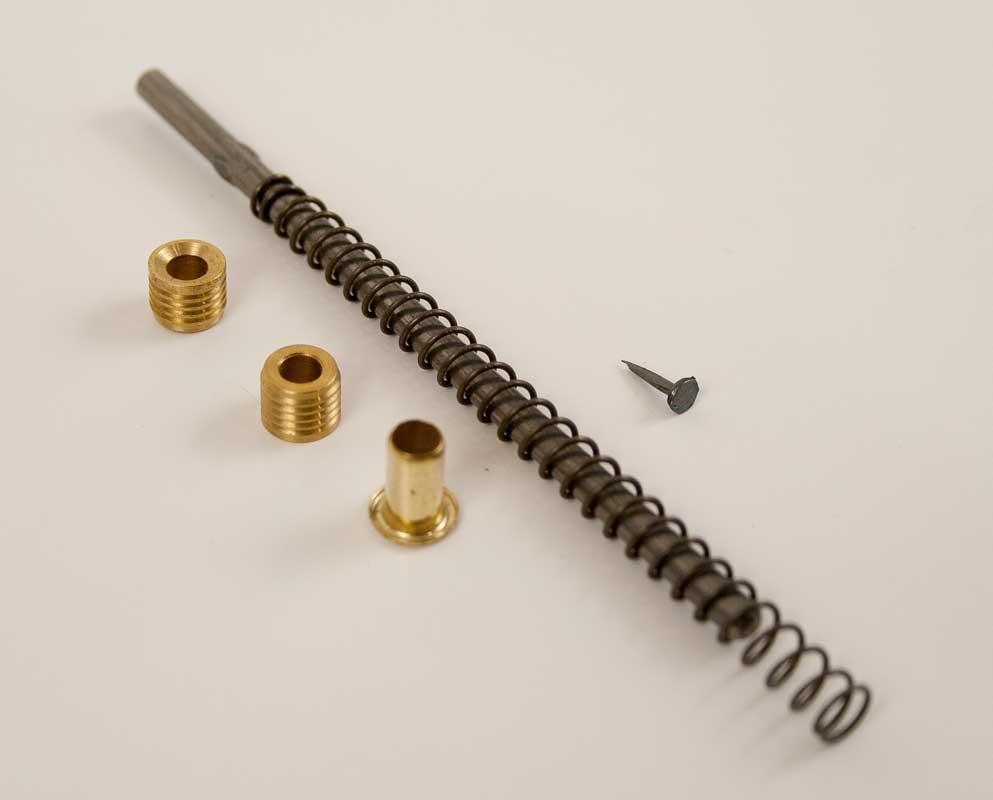



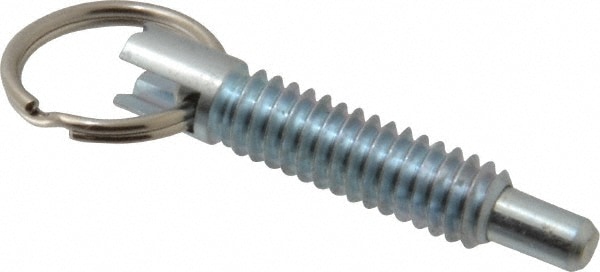

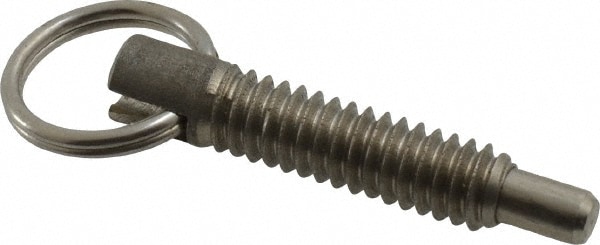

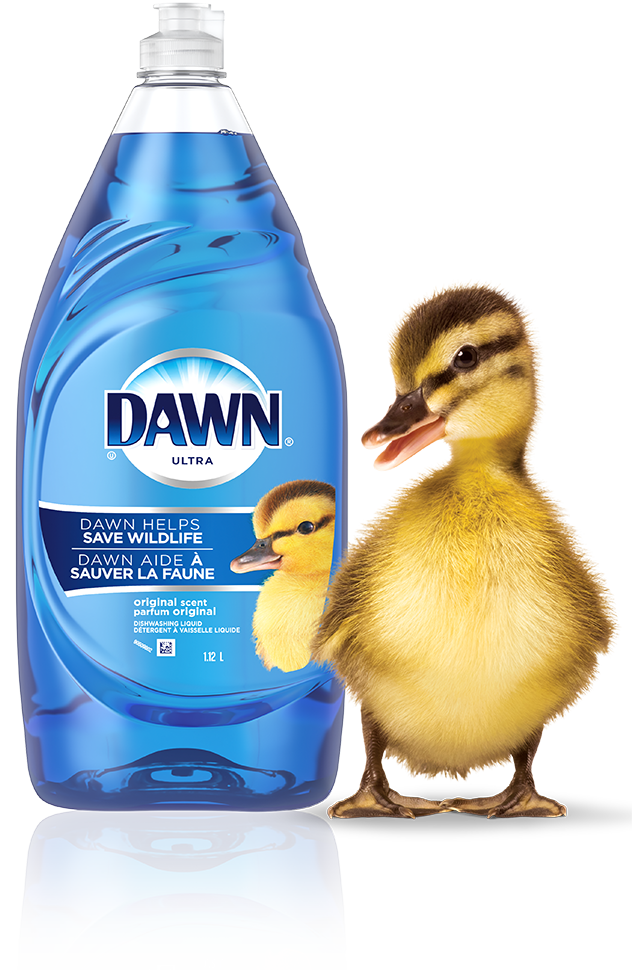


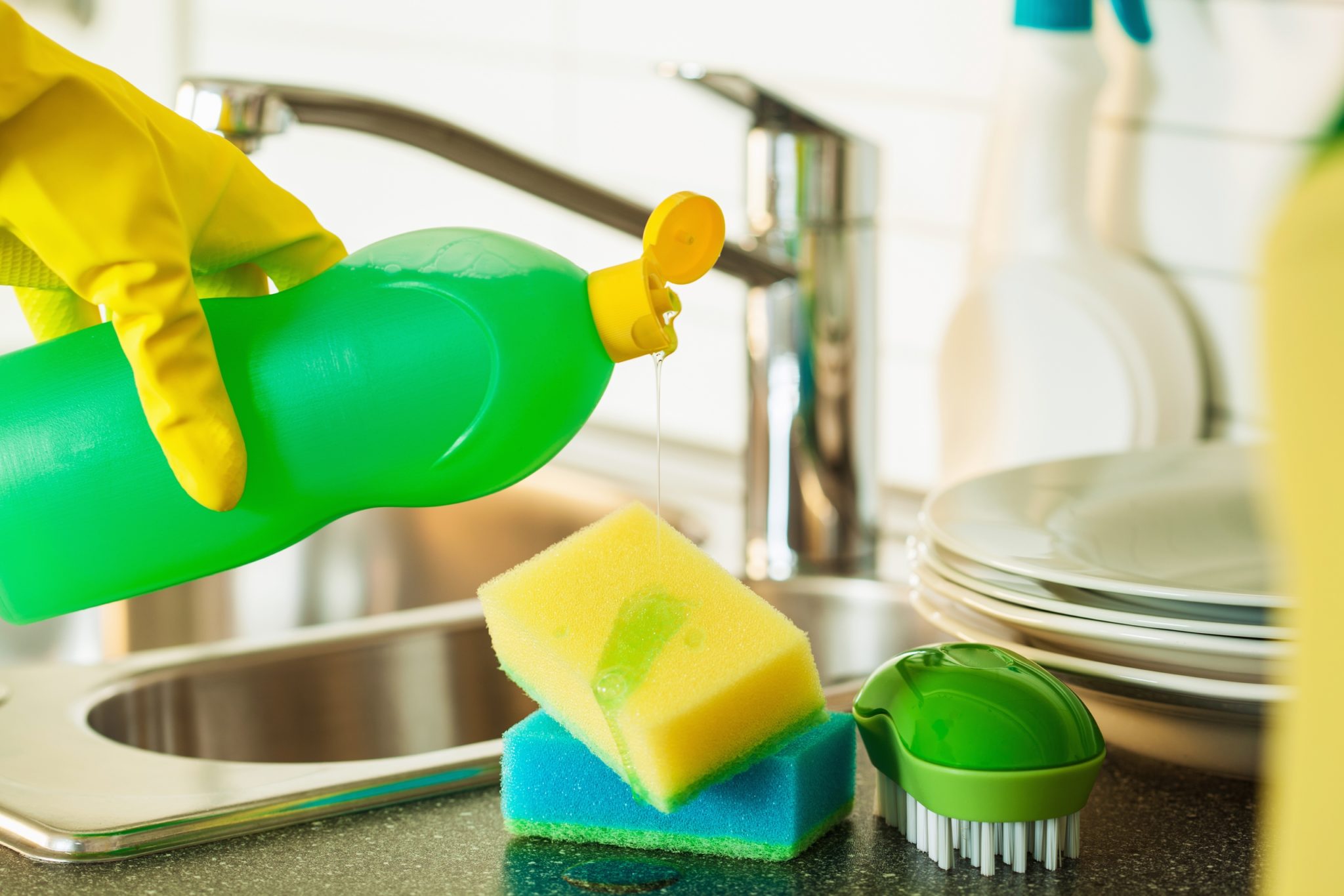
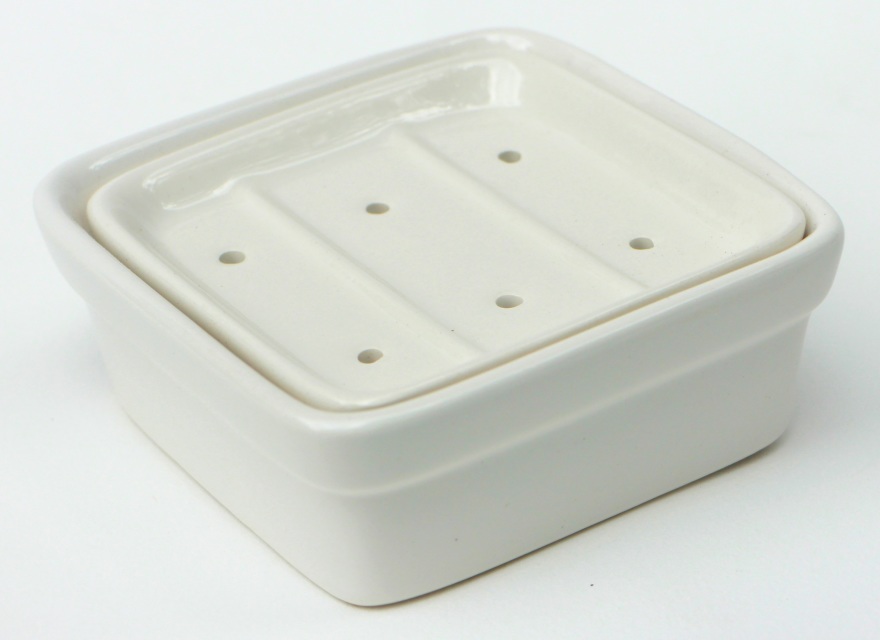
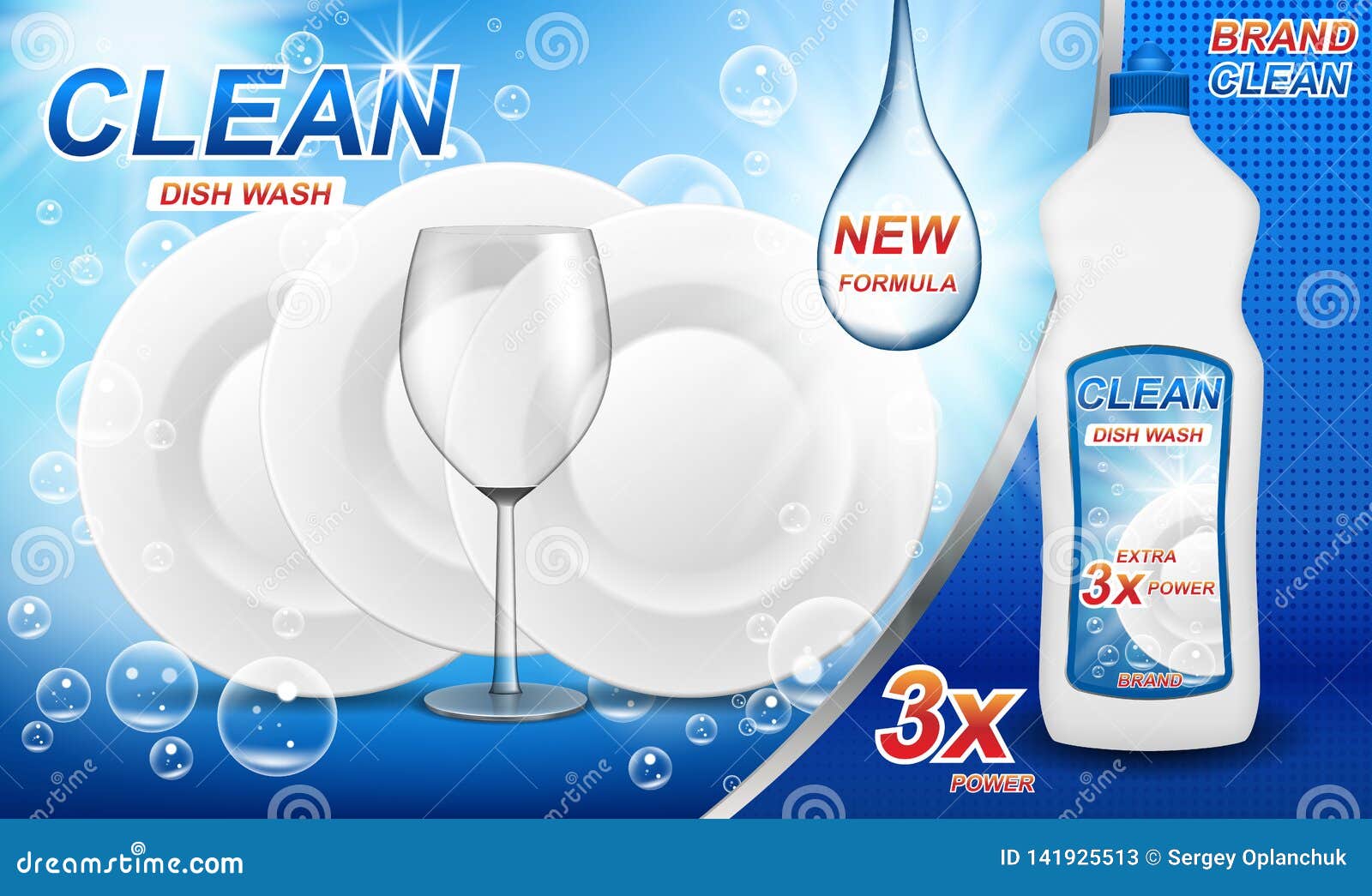
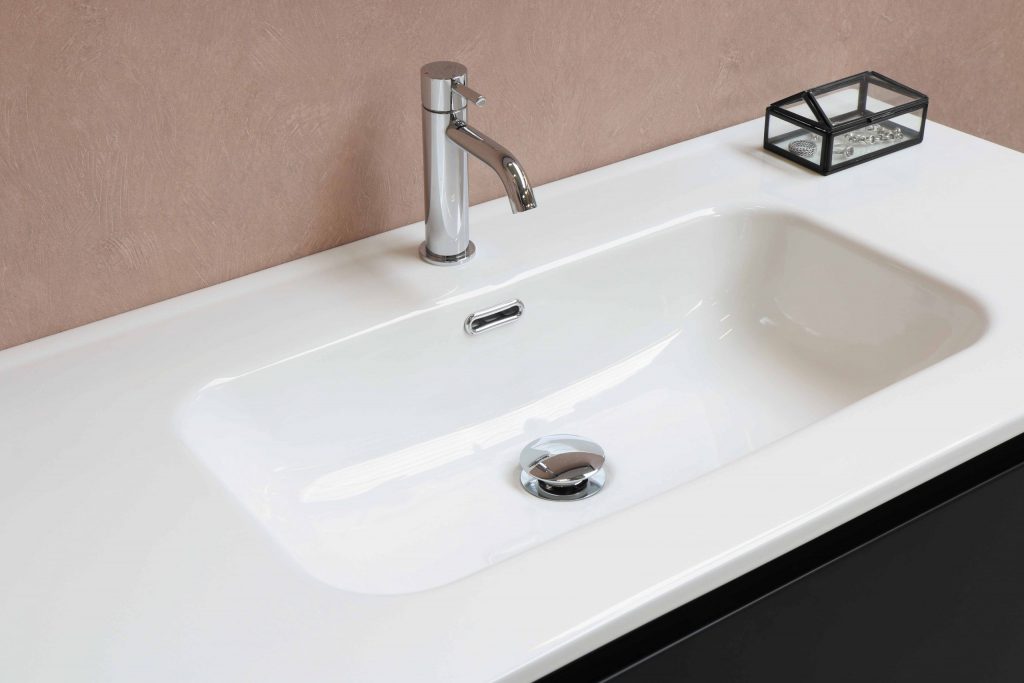
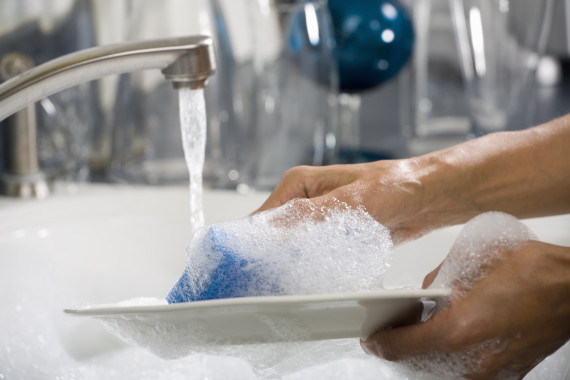

:max_bytes(150000):strip_icc()/order-for-dish-washing-1900439-04-82b462e8acb949df8047d5181d7aa602.jpg)




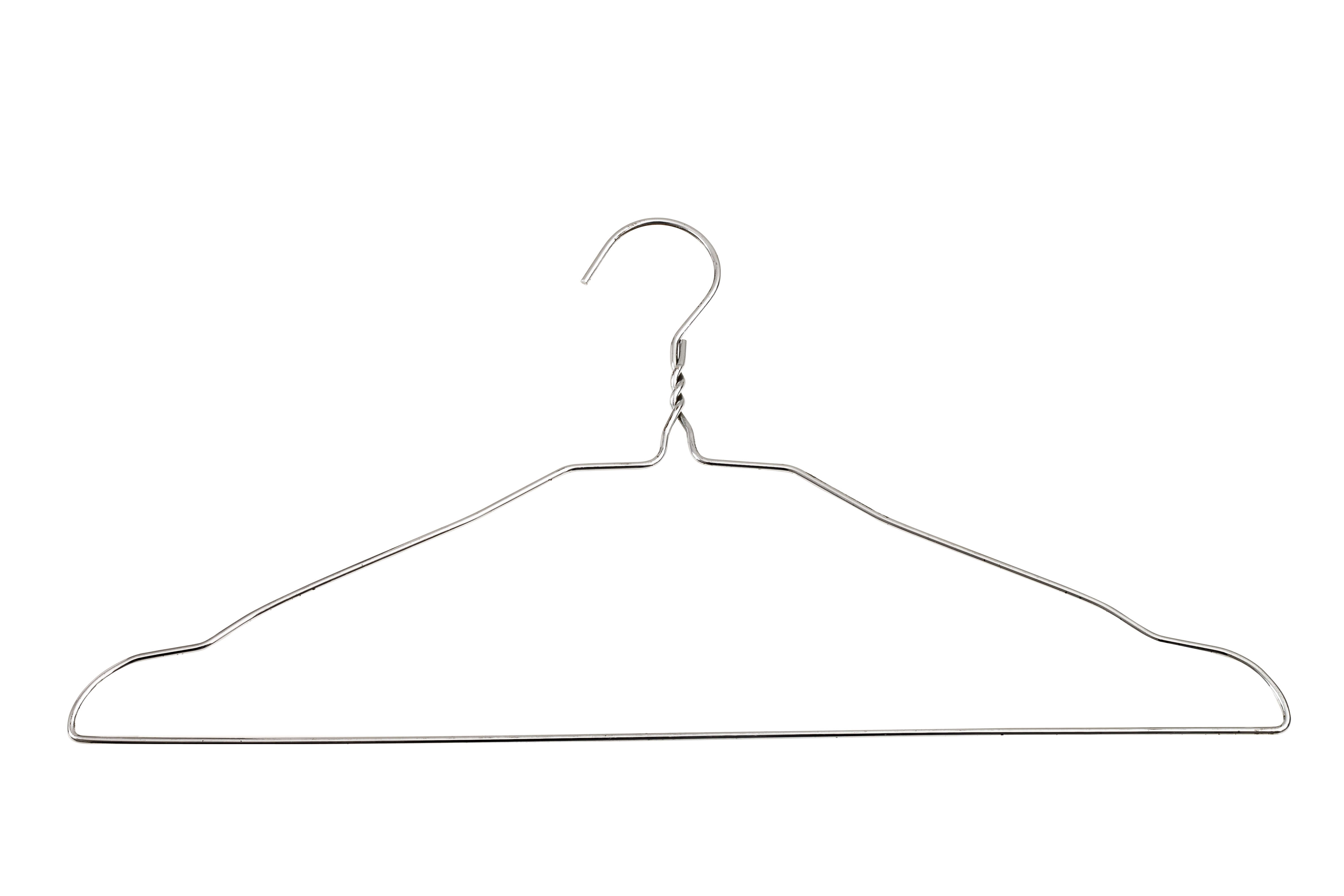
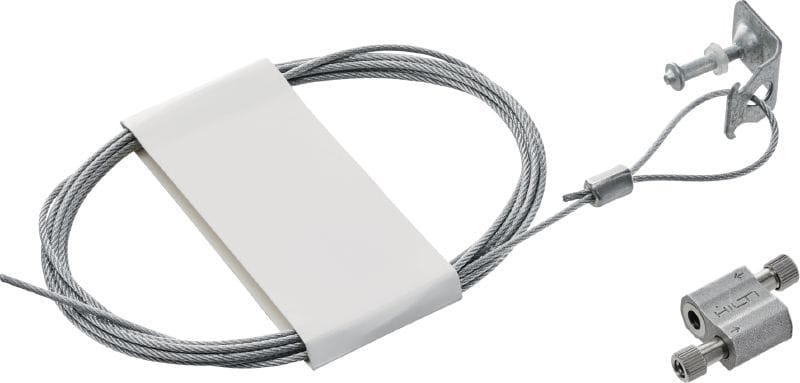


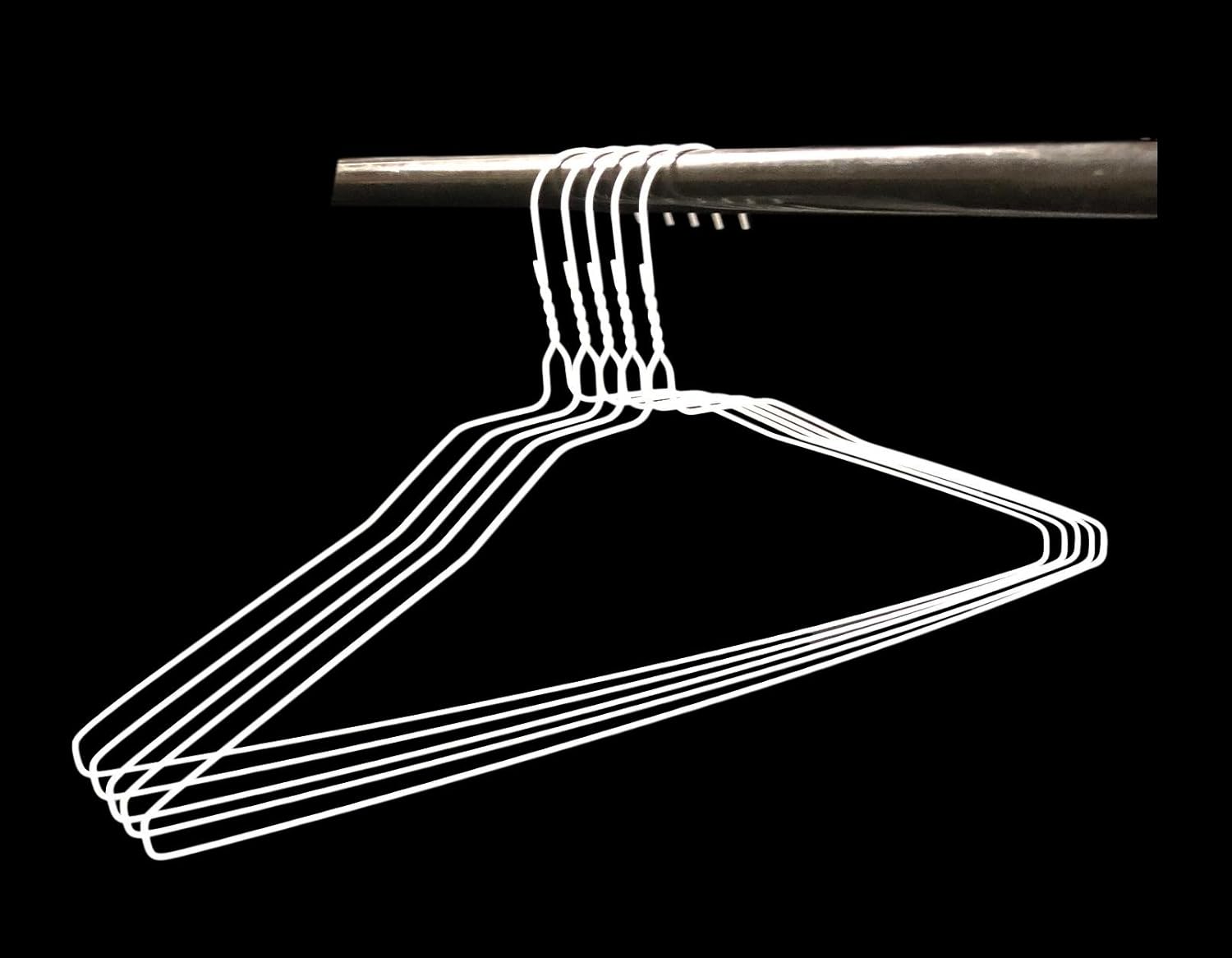




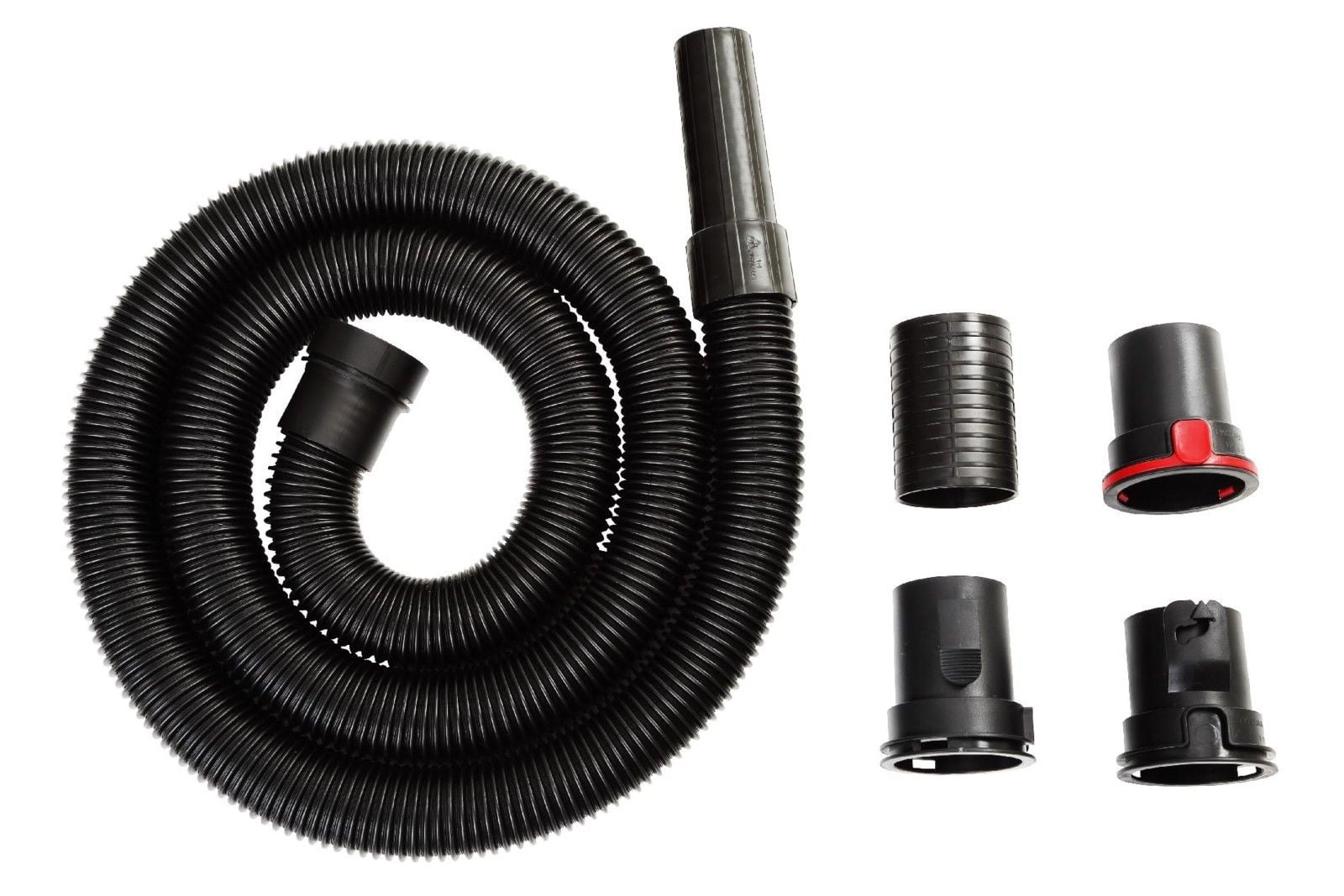
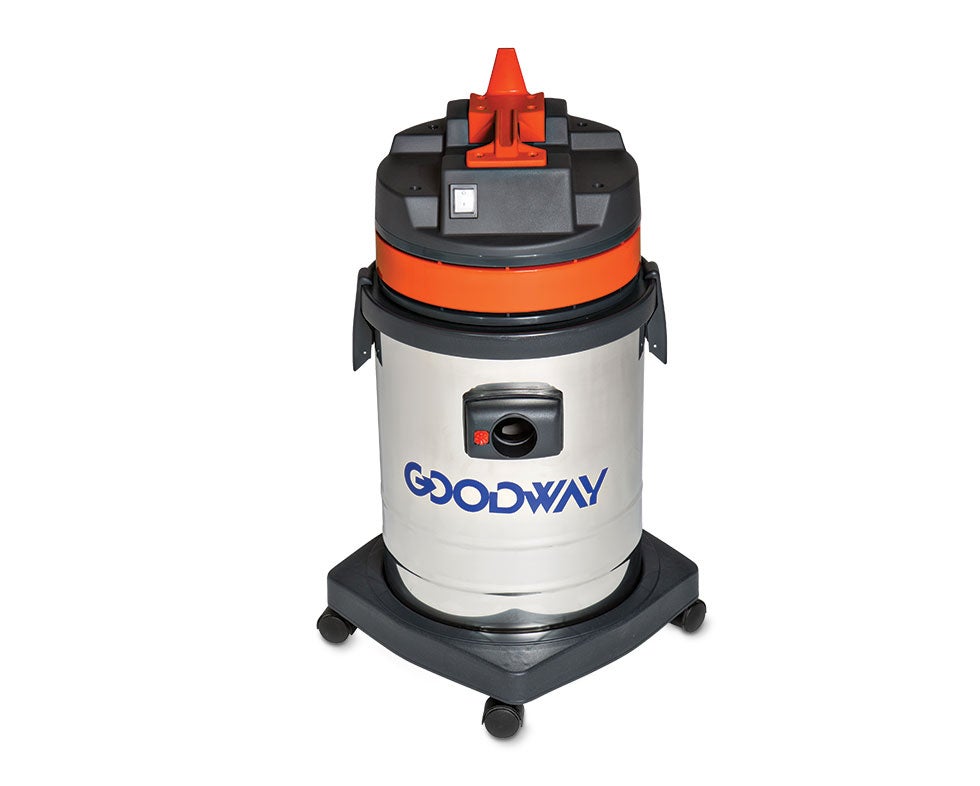

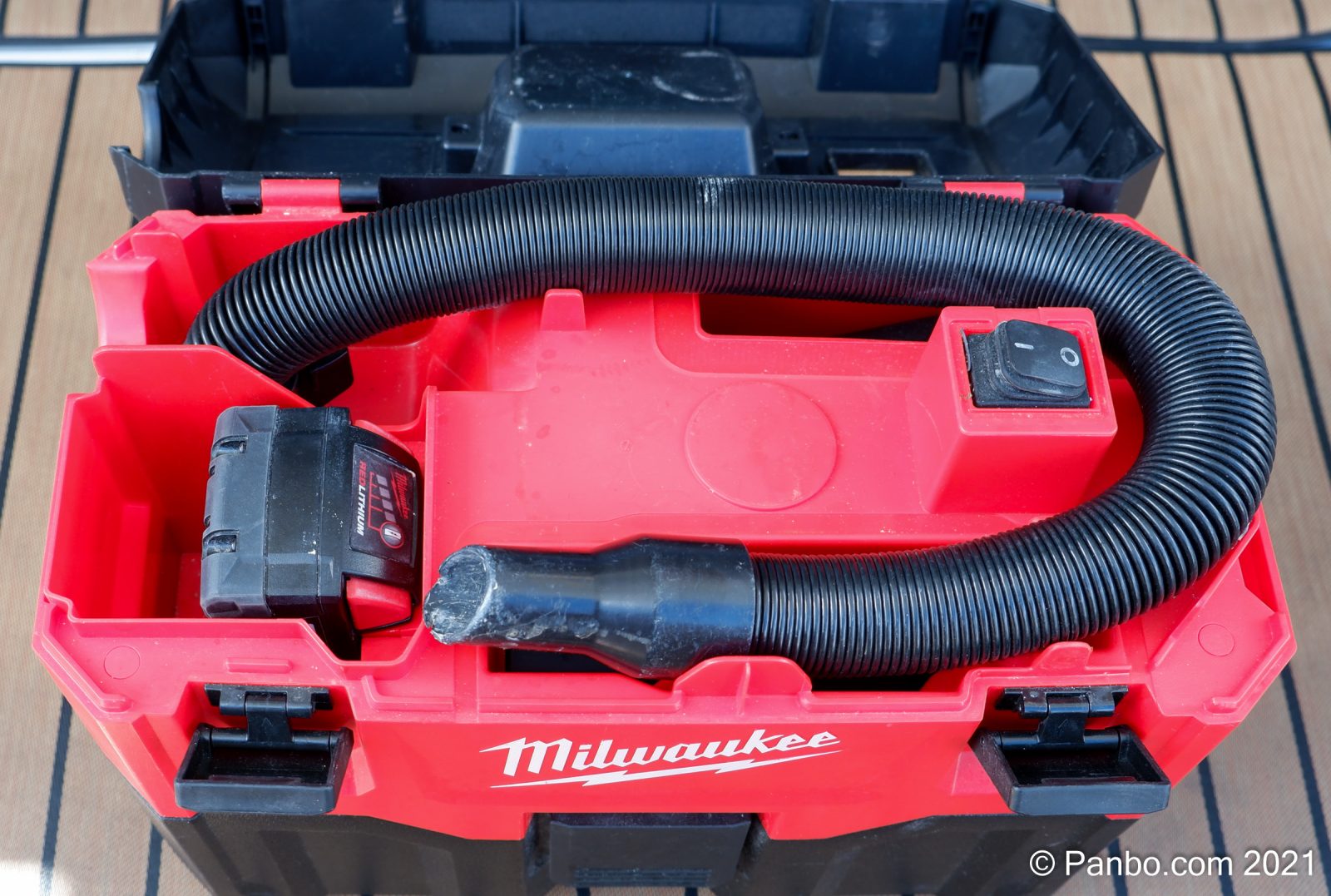





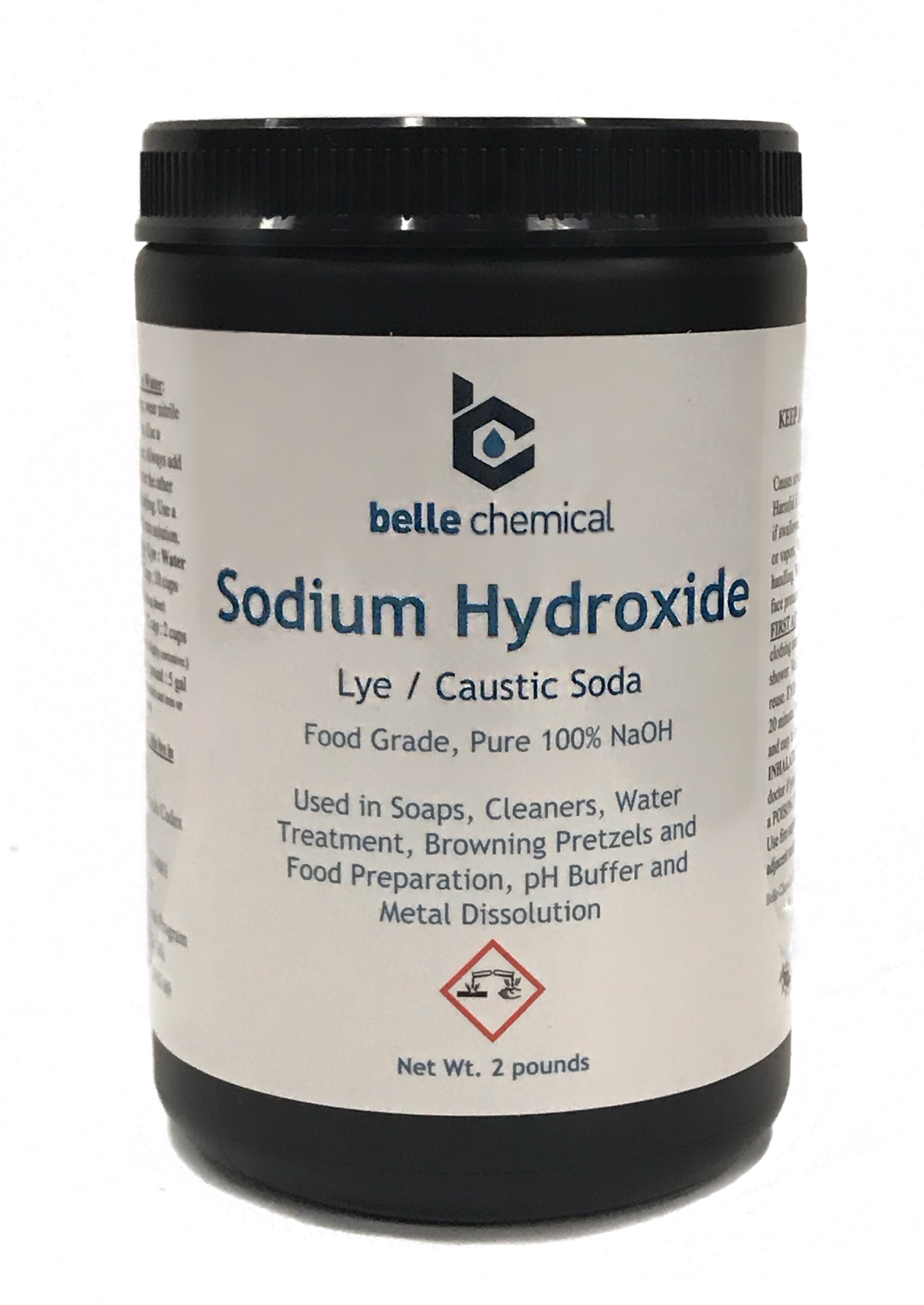



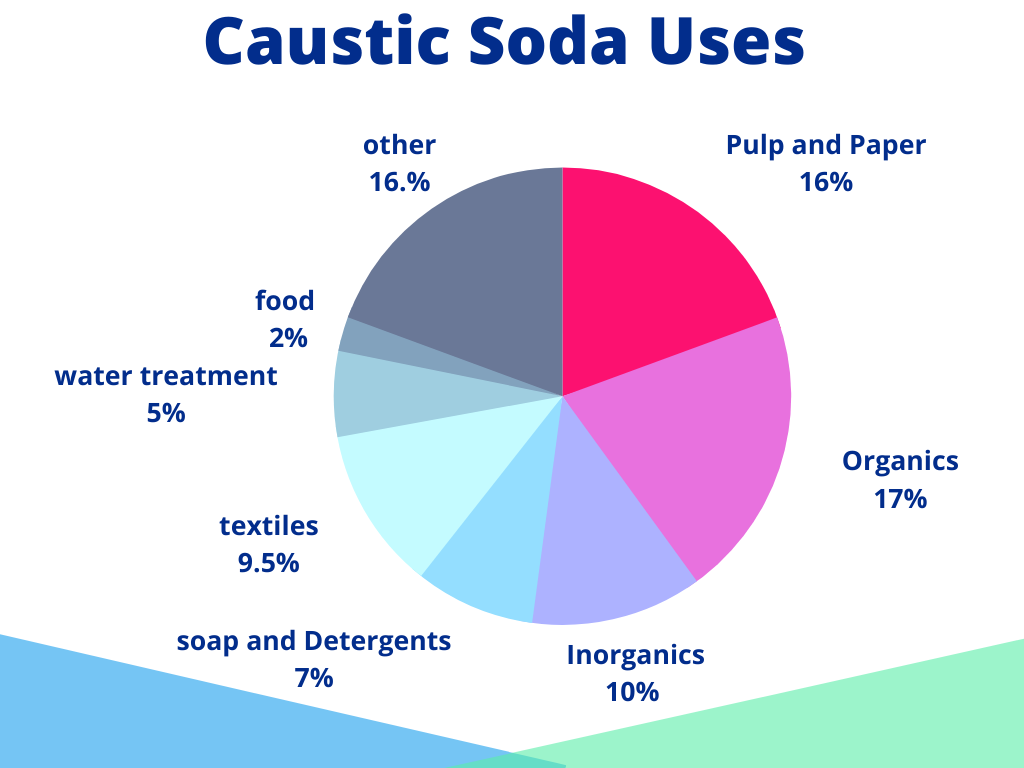

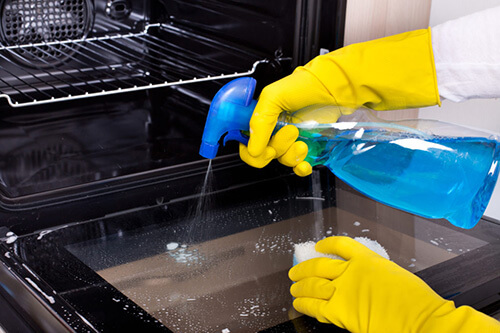


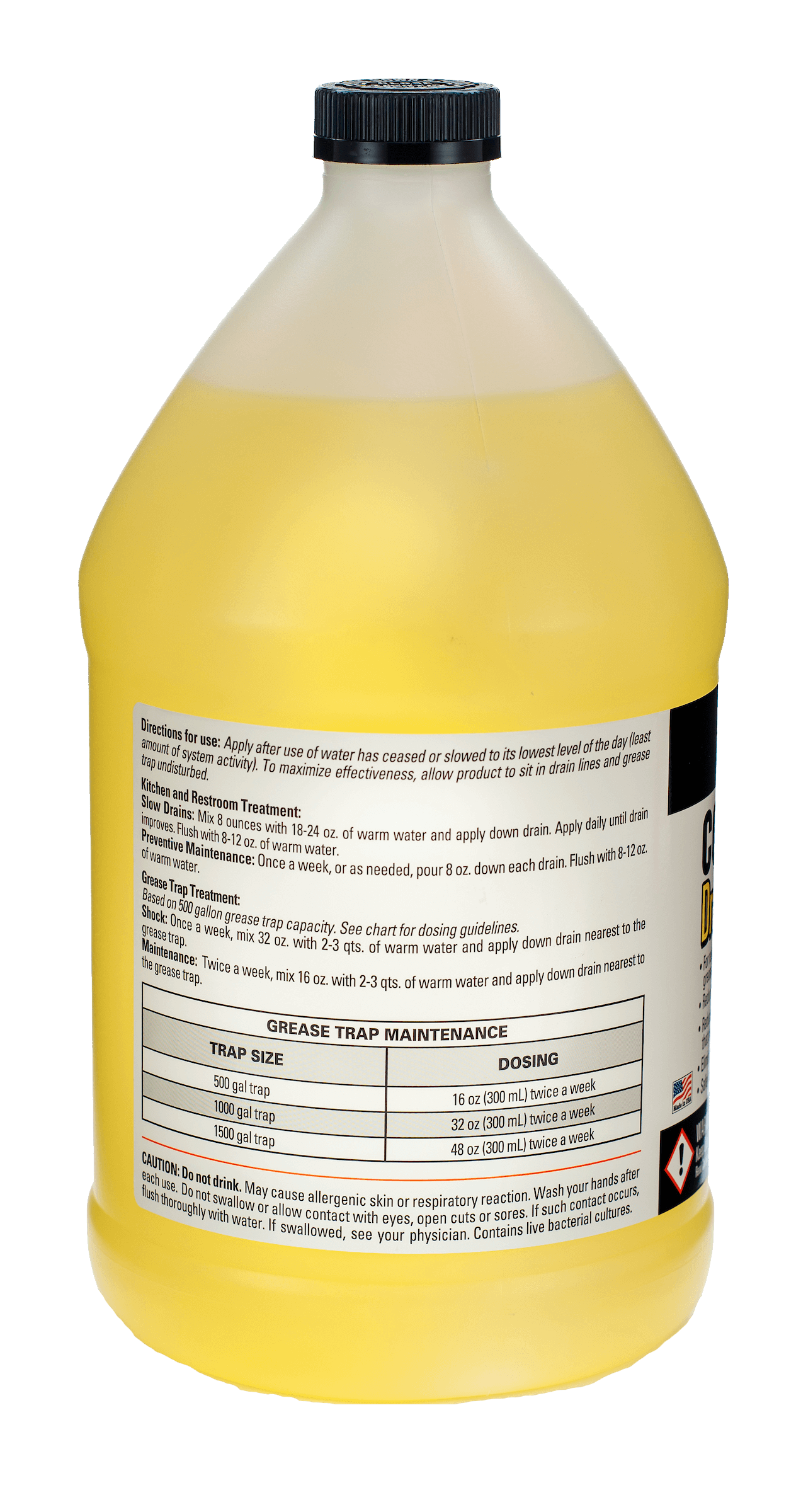


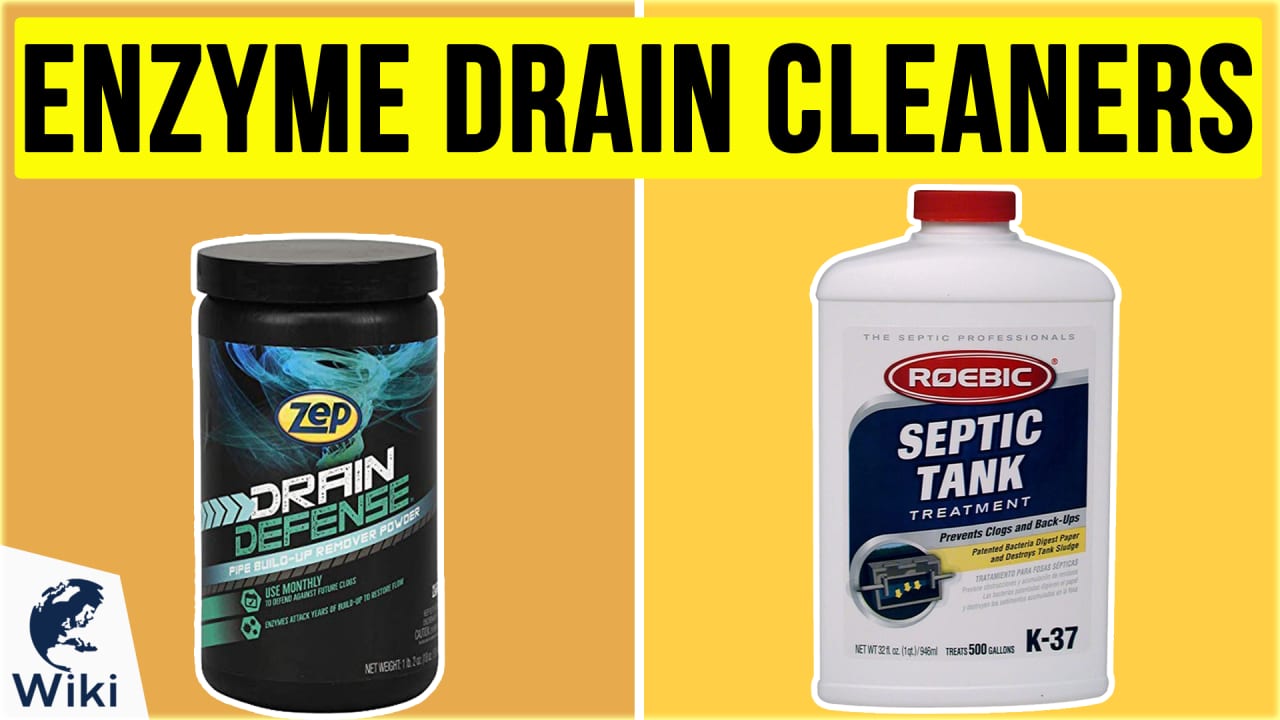

/GreenGobblerRefresh32oz-5bc63b0d4cedfd00266e4611.jpg)







